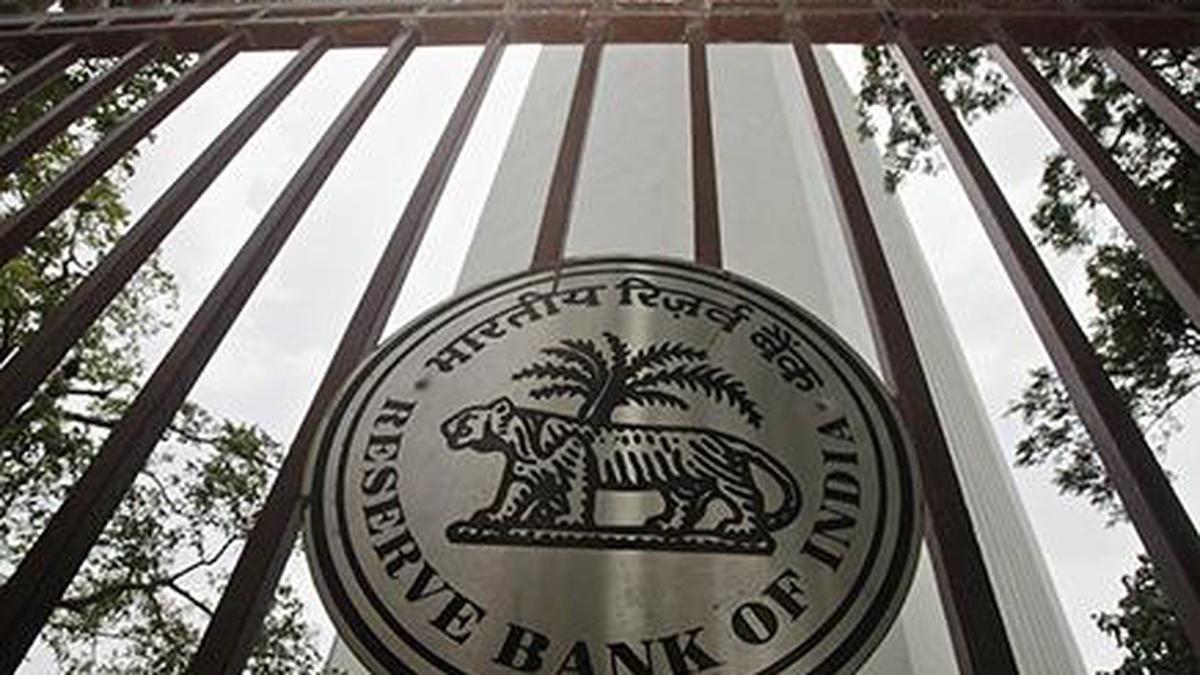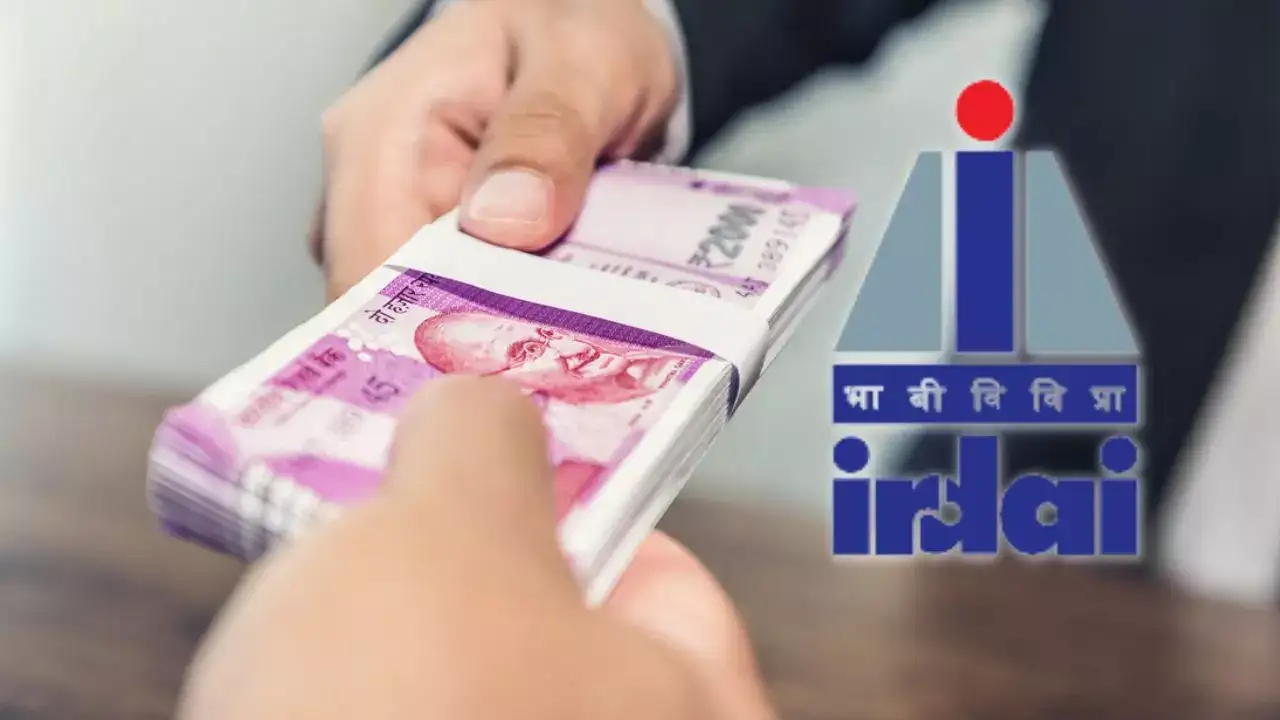SEBI’s Prohibition of Insider Trading Regulations: Comprehensive Compliance Framework for Listed Entities and Market Participants
Introduction
The Securities and Exchange Board of India’s (SEBI) Master Circular on Prohibition of Insider Trading represents a robust regulatory framework designed to prevent unfair trading practices based on unpublished price-sensitive information. These regulations establish a level playing field for all market participants by prohibiting those with privileged access to corporate information from exploiting such knowledge for trading advantages.
What are the Insider Trading Regulations?
SEBI’s Prohibition of Insider Trading Regulations establish the legal framework that prohibits trading in securities while in possession of unpublished price-sensitive information (UPSI). They define insiders, UPSI, trading restrictions, disclosure requirements, and compliance mechanisms to prevent misuse of privileged information in securities transactions.
Why are Insider Trading Regulations Required?
- Ensures fair and transparent price discovery in securities markets
- Protects general investors from information asymmetry disadvantages
- Maintains market integrity and investor confidence
- Prevents misuse of fiduciary positions for personal gain
- Aligns with global best practices in market regulation
Key Requirements Under the Insider Trading Regulations
Definition Framework
- Definition of “insider” and “connected person”
- Clarification of “unpublished price sensitive information” (UPSI)
- Legitimate purpose doctrine for information sharing
- Trading plan provisions for insiders
- Communication restrictions for UPSI
Trading Restrictions
- Prohibition of trading while in possession of UPSI
- Trading window closure periods
- Pre-clearance requirements for designated persons
- Contra-trade restrictions (typically 6 months)
- Trading plan mechanism for regulated trading
Organizational Requirements
- Code of Conduct formulation requirements
- Code of Fair Disclosure and Conduct
- Compliance Officer appointment and responsibilities
- Structured Digital Database maintenance
- Internal controls and review mechanisms
Disclosure Requirements
- Initial disclosures by promoters, KMPs, and directors
- Continual disclosures for material transactions
- Disclosure of trading by designated persons
- Annual disclosure of holdings by designated persons
- Disclosure of material financial relationships
Prevention Mechanisms
- Structured Digital Database of UPSI recipients
- Chinese Walls procedures for information segregation
- Need-to-know principle implementation
- Pre-clearance procedure for trades
- Trading window notification process
Compliance and Governance
- Board responsibility for compliance
- Audit Committee oversight of compliance
- Annual compliance reporting to Board
- Employee awareness and training programs
- Whistle-blower mechanism for reporting violations
Applicability Across Different Entities
Listed Companies
- Full compliance with all provisions
- Establishment of comprehensive codes
- Designated person identification and monitoring
- Stringent disclosure requirements
- Trading window management for corporate actions
Market Intermediaries
- Specialized compliance requirements
- Information barriers between departments
- Restricted list and grey list maintenance
- Modified disclosure requirements for proprietary trading
- Client-related UPSI handling protocols
Professional Firms
- Confidentiality agreements for UPSI access
- Limited disclosure requirements
- Conflict of interest management
- Trading restrictions during engagement periods
- Information access protocols
Investors with Board Representation
- Specific disclosure obligations
- Information sharing restrictions
- Trading limitations during material events
- Nominee director reporting requirements
- Conflict of interest management protocols
Penalties for Non-Compliance
- Monetary penalties up to ₹25 crore or three times the profits made
- Disgorgement of unlawful gains
- Prohibition from securities markets
- Freezing of shares and voting rights
- Criminal prosecution in severe cases
Recent Updates and Amendments
- Informant mechanism for reporting violations
- Reporting of violations through system-driven disclosures
- Enhanced digital database requirements
- Relaxation for certain block deals
- Amendments to trading plan provisions
Industry Best Practices
- Automated pre-clearance systems
- Real-time monitoring of designated person trades
- Advanced analytics for unusual trading pattern detection
- Comprehensive training programs for employees
- Regular mock audits and compliance assessments
Conclusion
SEBI’s Prohibition of Insider Trading Regulations have evolved into a comprehensive framework that balances legitimate business needs with market integrity concerns. Organizations that develop a strong insider trading compliance culture, rather than merely implementing procedural checks, will be better positioned to protect their reputation, avoid regulatory penalties, and contribute to fair and efficient capital markets.














